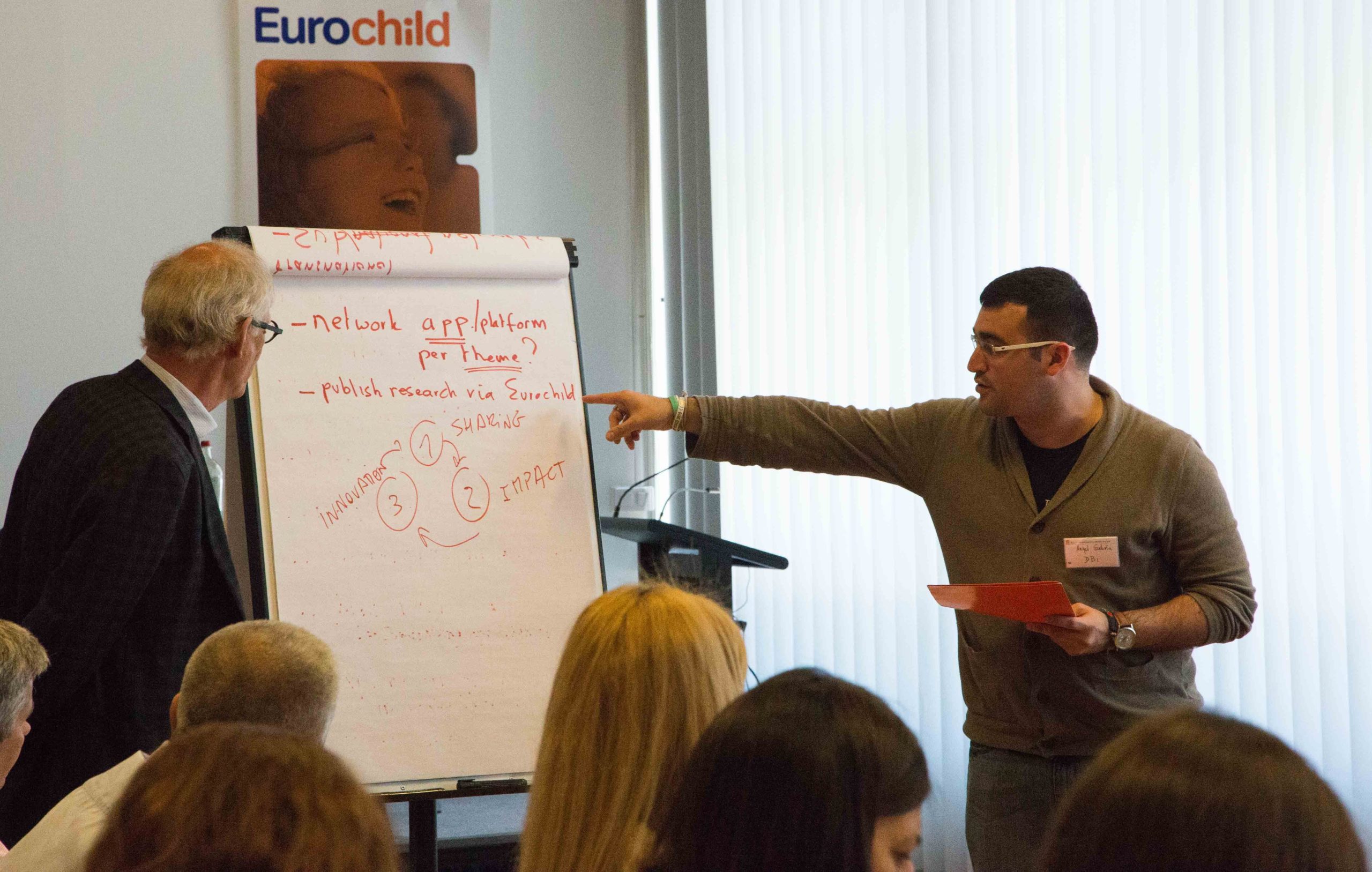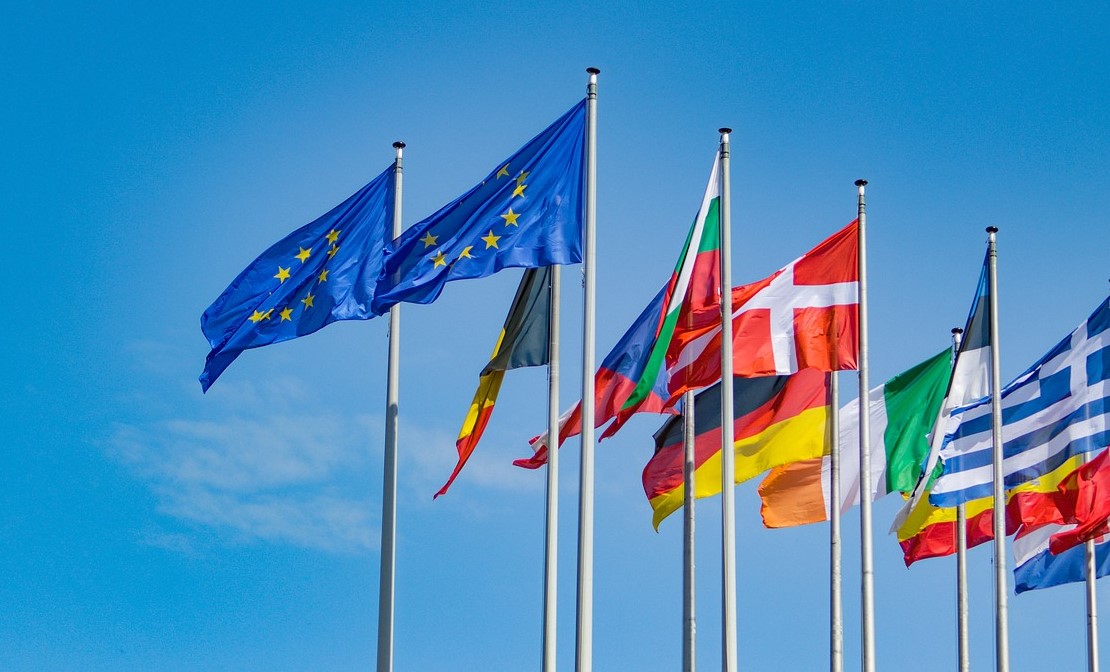'Friends of Cohesion'
15 EU Member States call for a sufficient level of financing to Cohesion Policy in the next MFF
On 2nd February 2020, a group of 15 EU member states called ‘Friends of Cohesion’ gathered in Portugal to discuss about the next EU's long-term budget, i.e. the so-called Multiannual Financial Framework (MFF). This group of countries includes Bulgaria, Cyprus, Czech Republic, Estonia, Greece, Hungary, Latvia, Lithuania, Malta, Poland, Portugal, Romania, Slovakia, Slovenia and Spain. The aim of the event was to ensure that the next MFF provides a sufficient level of financing to Cohesion Policy, defined by the participants as a crucial instrument ‘in the context of important challenges such as climate change, demographic trends, innovation, job creation and sustainable growth’. (Joint Declaration) These countries also emphasised that ‘any cuts in the investment capacity of this fund would be unacceptable, acknowledging that existing disparities in the level of development among regions and member states are still substantial and that the impact of the crisis is still present’. (Joint Declaration)
It is crucial to underline that social inclusion is one of the eleven priorities for Cohesion Policy in 2014-2020. In particular, the Cohesion Policy supports the social inclusion of people with disabilities, younger and older workers, migrants and ethnic minorities, people who live in deprived areas and women in the labour market. (Commission) Moreover, Cohesion Policy is strongly committed to address the issue of child poverty, inclusive growth and the fight against social exclusion. (European Parliament Research Service) In doing so, it supports the Europe 2020 Strategy, which aims to lift at least 20 million people out of the risk of poverty. (Commission)
On the other side, another group of countries called ‘frugal states’ is demanding to the EU to do more with less limiting its overall spending. This group is led by the Netherlands and includes Austria, Denmark and Sweden. This latter faction is less vocal of the first but better positioned; they are all rich countries – both financially and politically – who can afford to take time to advocate for their goal. (POLITICO)
The Joint Declaration:
The ‘Friends of cohesion’ gathering took place in order to influence the ongoing negotiations on the MFF. In order to do so, they issued a Joint Declaration that states:
- Since the core objectives of Cohesion Policy are still valid, ‘the funding for Cohesion Policy for the 2021-2027 period should maintain the level of the 2014-2020 MFF in real terms. No Member State should suffer a sharp and disproportional decrease of its Cohesion allocation’ (Joint Declaration)
- The co-financing must be kept at current rates and pre-financing must be maintained at sufficiently high-levels (Joint Declaration)
- It is necessary to guarantee ‘increased flexibility, namely on thematic concentration at regional and national level’ and that the creation of new necessary instruments, such as the Just Transition Fund, should not be made ‘at the expense of Cohesion Policy and the Common Agricultural Policy’ (Joint Declaration)
- The EU institutions must reach an ambitious, balanced and fair agreement, on the MFF ensuring the timely start of the next generation program. (Joint Declaration)
Interestingly, Croatian Prime Minister Andrej Plenković, whose country is currently holding the rotating presidency of the Council of the EU, attended the session but did not sign up to declaration. The same can be said for the Italian Minister of European Affairs Vincenzo Amendola.
With regard to children’s rights, Pedro Sanchez (President of the Spanish Government) pointed out the necessity to establish a European Child Guarantee (La Moncloa – Spain News) echoing what stated in his own speech at the European Parliament in January 2019 (European Parliament). Moreover, after having highlighted the essential role played by Cohesion Policy in the survival of the rural world, Sanchez declared that Cohesion Policy must also support an effective application of the European Pillar of Social Rights.
On the other hand, it is crucial to underline that the Joint Declaration is in stark contrast with the existing budget proposals. In May 2018, the European Commission proposed to cut cohesion funding by 10% in 2021-2027 compared to the 2014-2020 period. In particular, under the European Commission’s proposal France, Croatia, Portugal, Slovenia, Ireland, Latvia Germany, Slovakia, Poland, Hungary and Czech Republic would receive less cohesion funding, while Romania, Greece, Bulgaria, Italy, Finland, Spain and Cyprus would gain more funding. In December 2019, the Finnish Presidency of the Council of the EU proposed an even bigger reduction of 12%(POLITICO). On 14 February 2020, Charles Michel has finally unveiled his proposal for the next MFF. The Council blueprint was quickly met with stark criticism; it bears important similarities with the Finnish Presidency Proposal and includes a significant reduction of the budget. (POLITICO) In particular, it proposes a total budget of EUR 1 094 827 million (-15,36% compared to the Commission’s proposal and -19,80% compared to the Parliament’s one) and allocates EUR 313 181 million to Cohesion and Values funds (-17,55% compared to the Commission’s proposal and -29,36% compared to the Parliament’s one).
Today (20 February 2020) the EU leaders will meet in Brussels to try to hammer out the new MFF. In doing so, they will base their negotiations on the 14 February Council Proposal. Given that any further delay might jeopardise both current and new programmes and policies, EU leaders will have to negotiate and reach difficult compromises over this delicate issue. If reached, the agreement will have to be finally ratified by the European Parliament. These negotiations will thus determine to what extent EU Cohesion Fund will help EU’s traditionally poorer southern and eastern areas to raise their economic and social standards to the higher western levels.




